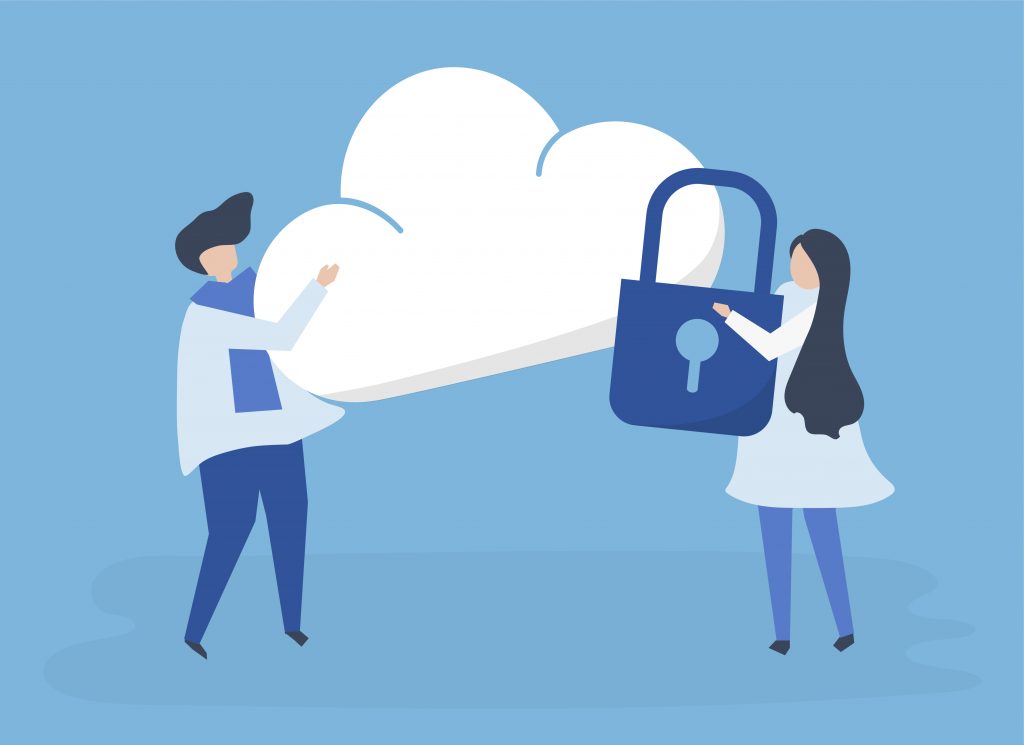Simple Steps to Protect Your Online Privacy
Let’s face it: if you’re online, a lot of your information is out there.
You may not care if businesses understand your online privacy, such as buying history, or where you’re going on weekends. And maybe you don’t worry about being tracked by the government because you think you don’t have anything to conceal. Moreover, there are advantages in sharing our information in order to take advantage of all that our contemporary society allows us to do. It’s nice to be able to use Google Maps to find a new restaurant or chat with your friends on Facebook.
So, unless you pursue an off-the-grid lifestyle out in the country, modern convenience requires surrendering a certain amount of your privacy.
That being said, there are some ways you can minimize the impact of potential privacy violations and prevent people from gaining access to information that can compromise your safety and well-being of online privacy.
- Provide the bare minimum. Many times, companies will ask for personal information that they don’t need. Challenge anyone who asks for your Social Security number or email address. Don’t put your address on your resume or job search websites, and if you have a home business, consider getting a office Box to avoid giving out your personal address.
- Protect the address of your email. Everyone likes to receive your email, which can flatter depending on who asks for it. But it can also be a spam ticket and a possible gateway to access your account for phishing or hackers. If you often discover yourself giving out your email, consider using a free Gmail or Yahoo account to create a disposable email address. Then, if you go into a sweepstakes or join a mailing list, enter that address rather than your personal one. You can still receive messages at that address if you want by forwarding it to your real address and filtering it into a separate folder.
- Avoid giving your information to unknown parties. Don’t play games on Facebook that require you to connect your profile. Use privacy settings to lock down your social media profiles so only your friends can see what you’re posting.
- Cover your webcam. You can use a post-it notes, masking tape, or removable sticker. Also, consider disabling the front-facing camera on your mobile devices.
- Regularly check your credit reports. In the US, you can order a report for free once a year through each credit reporting agency.
- Be smart with passwords. Don’t use the same password for different websites and change your most important passwords regularly. If a site gets hacked, don’t hand the hacker the keys to all of your other accounts. And never give out a password to anyone over the phone or email. Customer support professionals have secure ways of accessing your account without having to ask for your password.
- Beware of public WiFi. As we described in a previous article, it’s far too easy for hackers to gain access to your login data. If you frequently use the WiFi in coffee shops or restaurants, consider investing in an inexpensive VPN solution.
- Enable two-factor authentication everywhere. Many major websites including blogging platforms, banks, and even online games offer protection, which is a second step of authentication that’s difficult for a hacker to replicate. Often, authentication will require you to enter a code texted to your mobile device or sent via a third-party app.
- Use a code on your cell phone. Sure, it’s annoying to always have to enter your code, but code protection keeps people from gaining access to your personal data, contacts, social media accounts, and email if you get separate from your device even for a few minutes.


